- Learning time
- 30 minutes
- First play time
- 60 minutes
Tortuga 1667
Designed by: Travis Hancock
Tortuga 1667 is a hidden identity game where you’re trying to work out which faction your opponent/s belong to. The British and French are fighting over the treasure in the Spanish Galleon (most treasure wins at the end); but with an odd number of players one player will represent the Dutch, who wins if there is a tie. Working out who is on your side (assuming you’re not playing with two) is central to the game, which is mainly a case of sneaking a look at event cards, then either taking one for yourself (if it’s good) or forcing a perceived opponent to take a bad card.
A small board – a mat, actually – shows the Spanish Galleon with the island of Tortuga above it and two more ships (the Flying Dutchman and Jolly Roger) either side. Each player has a playing piece they can move around these locations, in order to manipulate the positioning of the treasure. The ships have a hold for the French or British, and whoever is in the position of cabin boy (furthest back on either boat) can move treasure from one hold to the other. Furthest forward is the Captain, who can mount an attack on the Galleon and – they hope – move treasure from it over to their boat. The First Mate (behind the captain) can potentially oust the captain from his position with a mutiny and take their place.
And anyone can end up on Tortuga itself, where the furthest player up the track is Governor – they can call for a brawl in order to reposition treasure on the island. Attacks, mutinies and brawls all call for votes from the players present in the location (plus a rogue card from the top of the deck) so the game is a juggle of manipulating positions on the board and then striking when the time is right. Get it wrong and you may end up helping your enemies!
Play ends when the last card is flipped over from the event deck.
The guru's verdict
-
Take That!
Take That!
Plenty, plenty, plenty.
-
Fidget Factor!
Fidget Factor!
You can play with everyone taking notes of what the event cards are, which is a more thoughtful approach but it does slow the game down. Or you can play with everyone trying to remember what they've seen and where, which is much faster but more chaotic.
-
Brain Burn!
Brain Burn!
Outside of remembering what cards you've seen and their position in the tableau, the main thing to tax you here is the deduction, which will be easy in some games but harder in others (having an odd number of players is best, we would say)
-
Again Again!
Again Again!
Lots of randomness here in both who you are - French, British, Dutch - and how the cards come out.




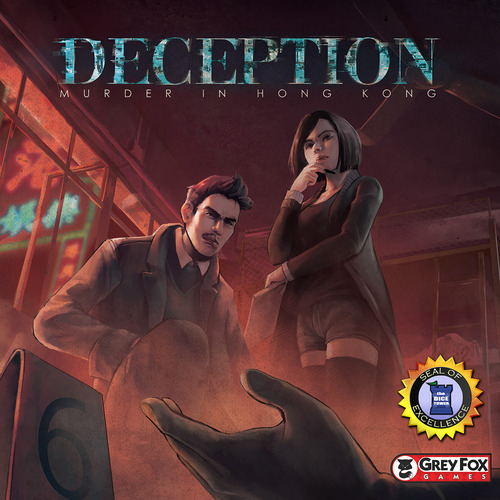
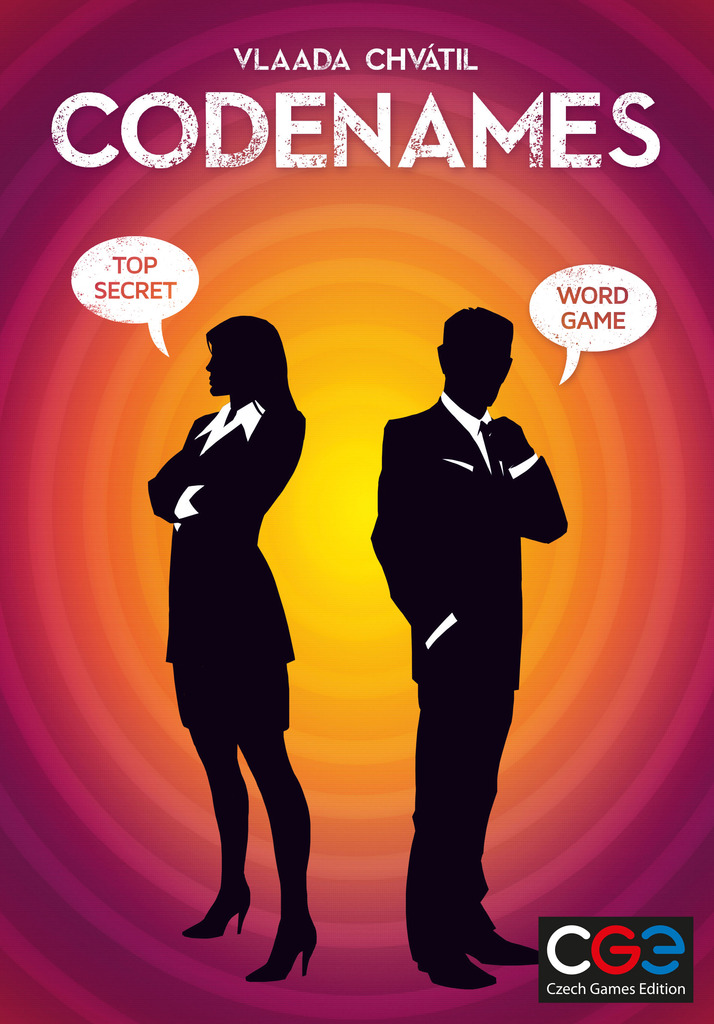
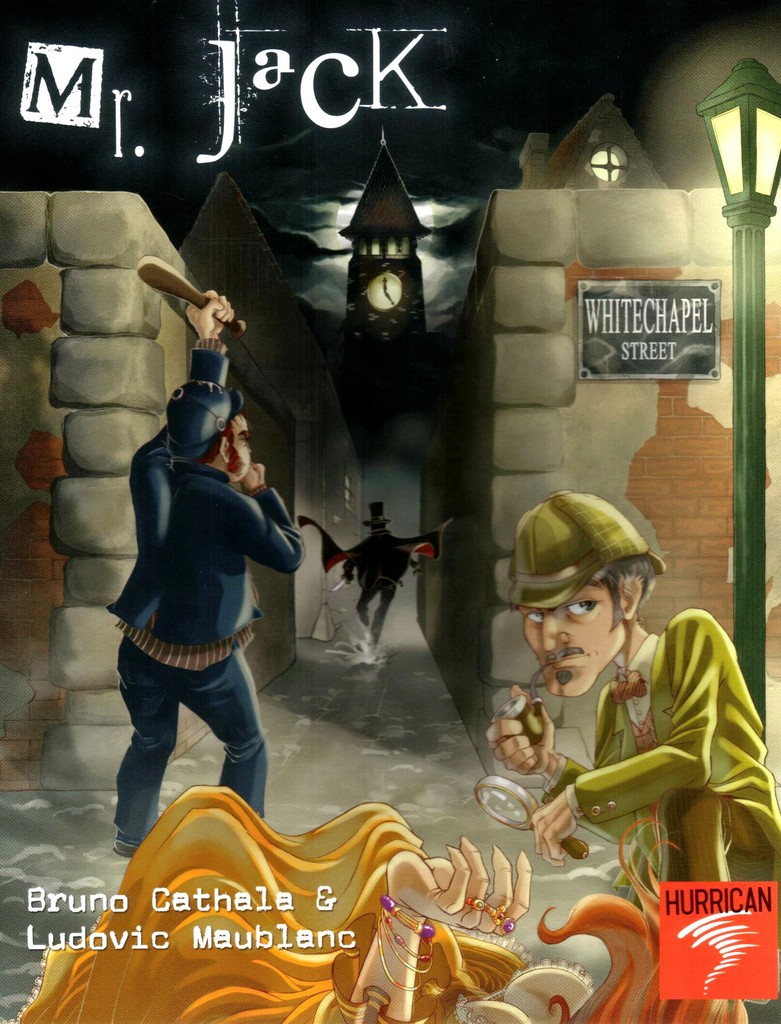
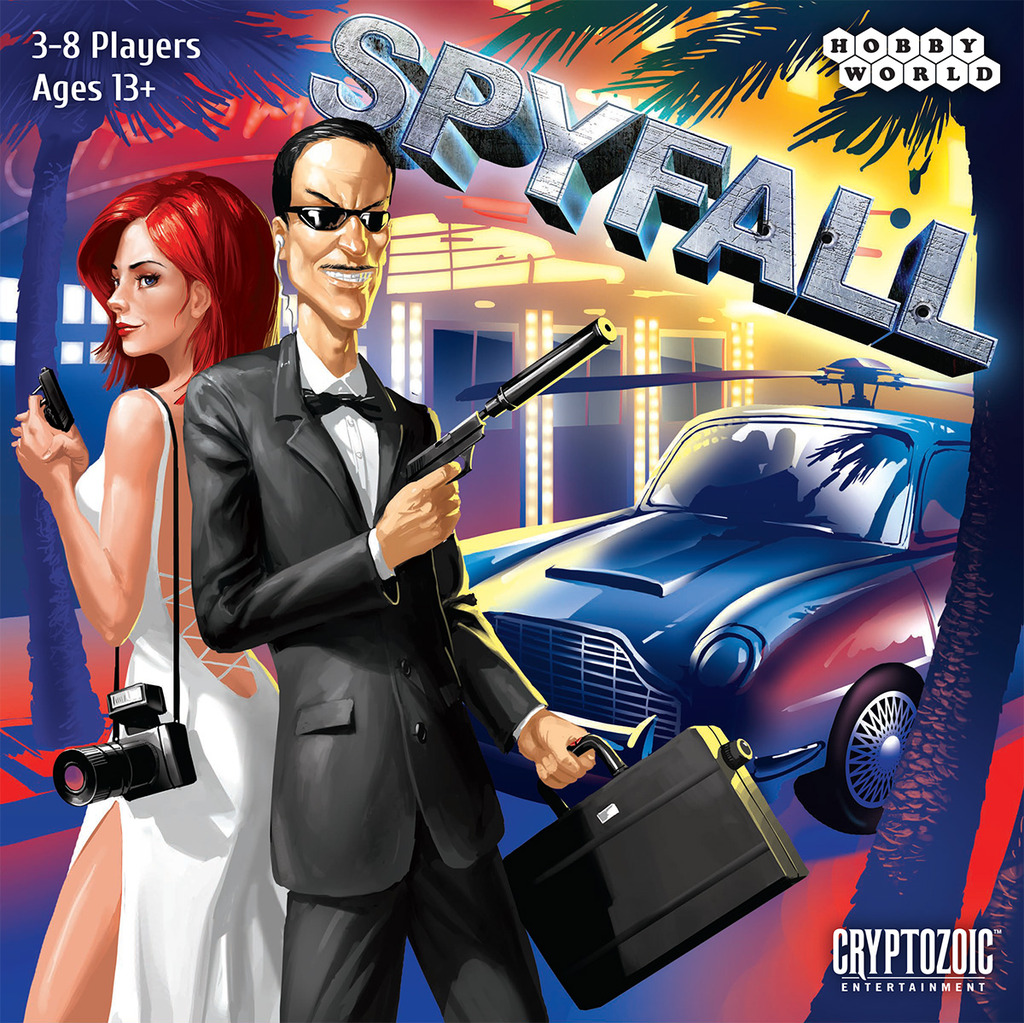
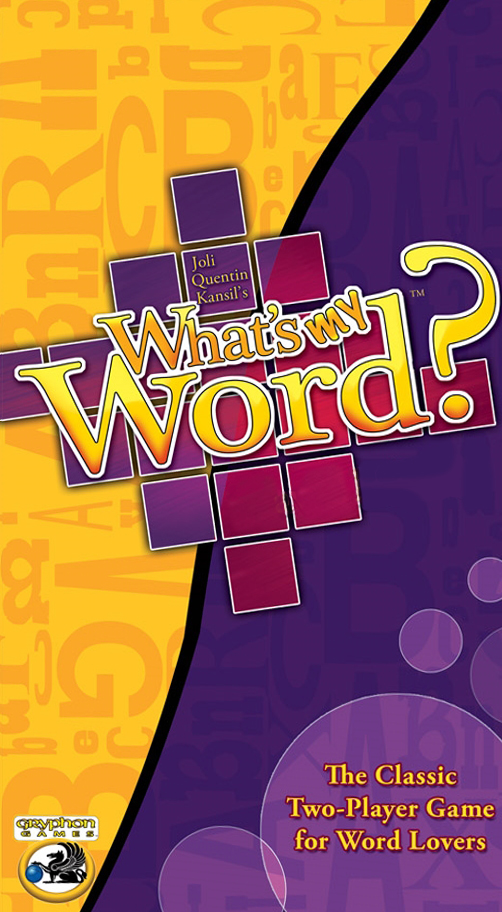
Sam says
Mixed feelings about this for me - the hidden team identities are clever and the room for bluff and deduction I like. But I'm not a massive fan of event cards in general and I didn't enjoy it as much as other social deduction games such as the fast-moving Chameleon or the conversation-led Spyfall. In fairness, I should add that the group I played with were broadly positive about it though.